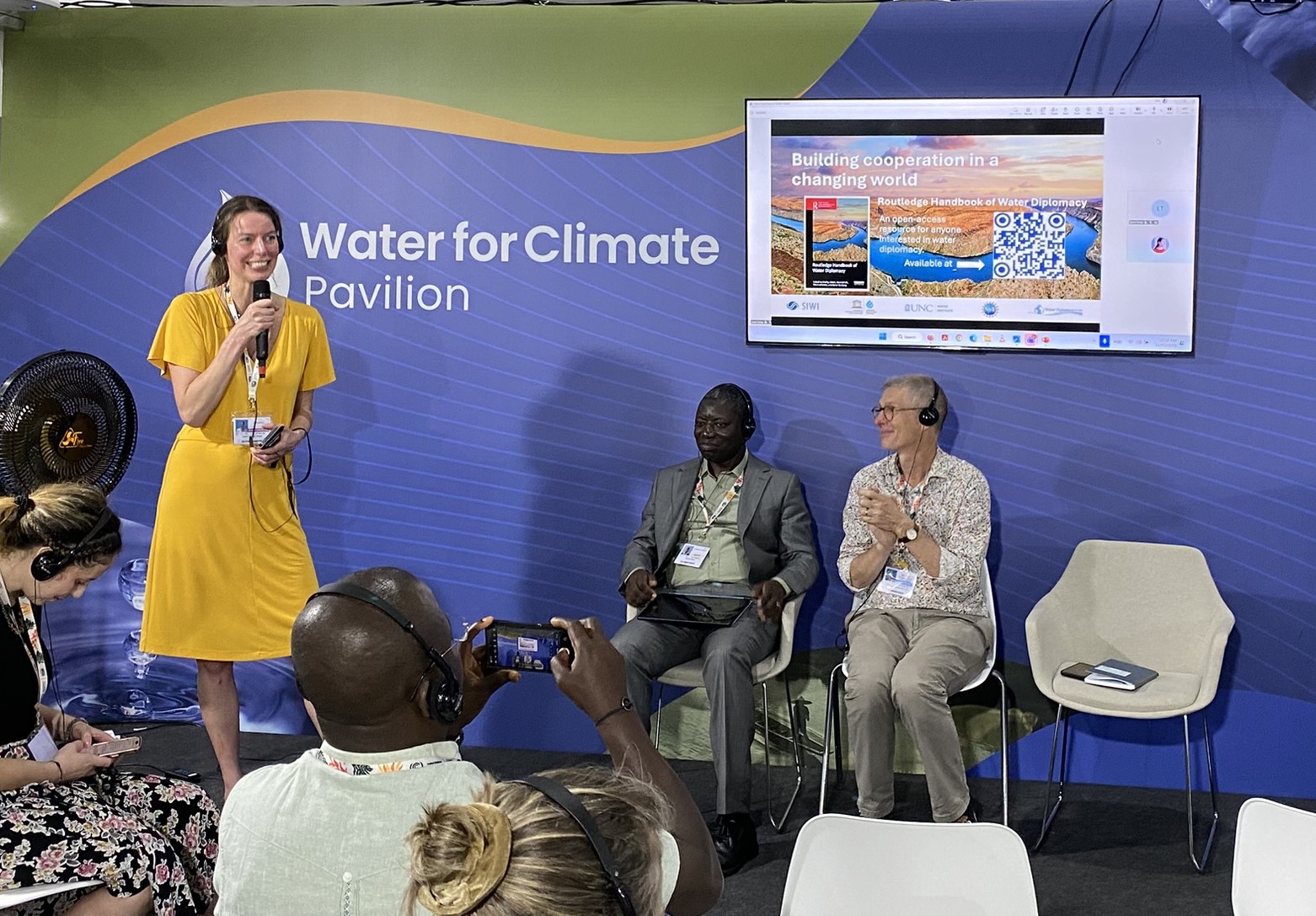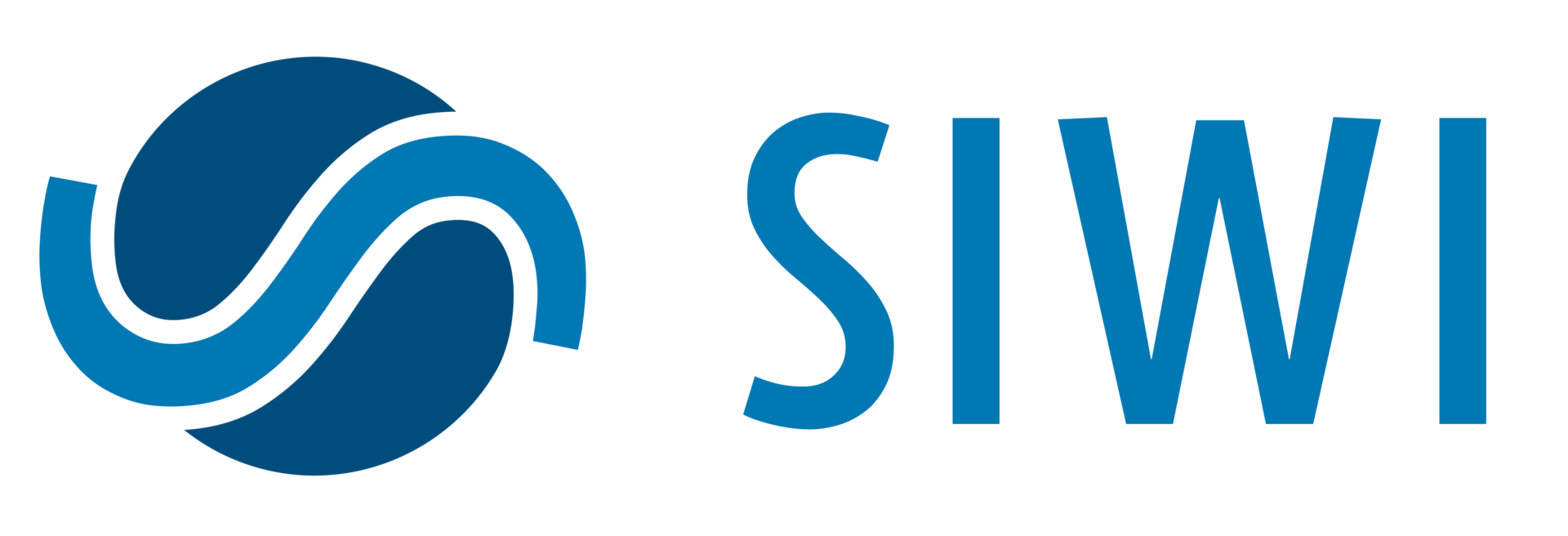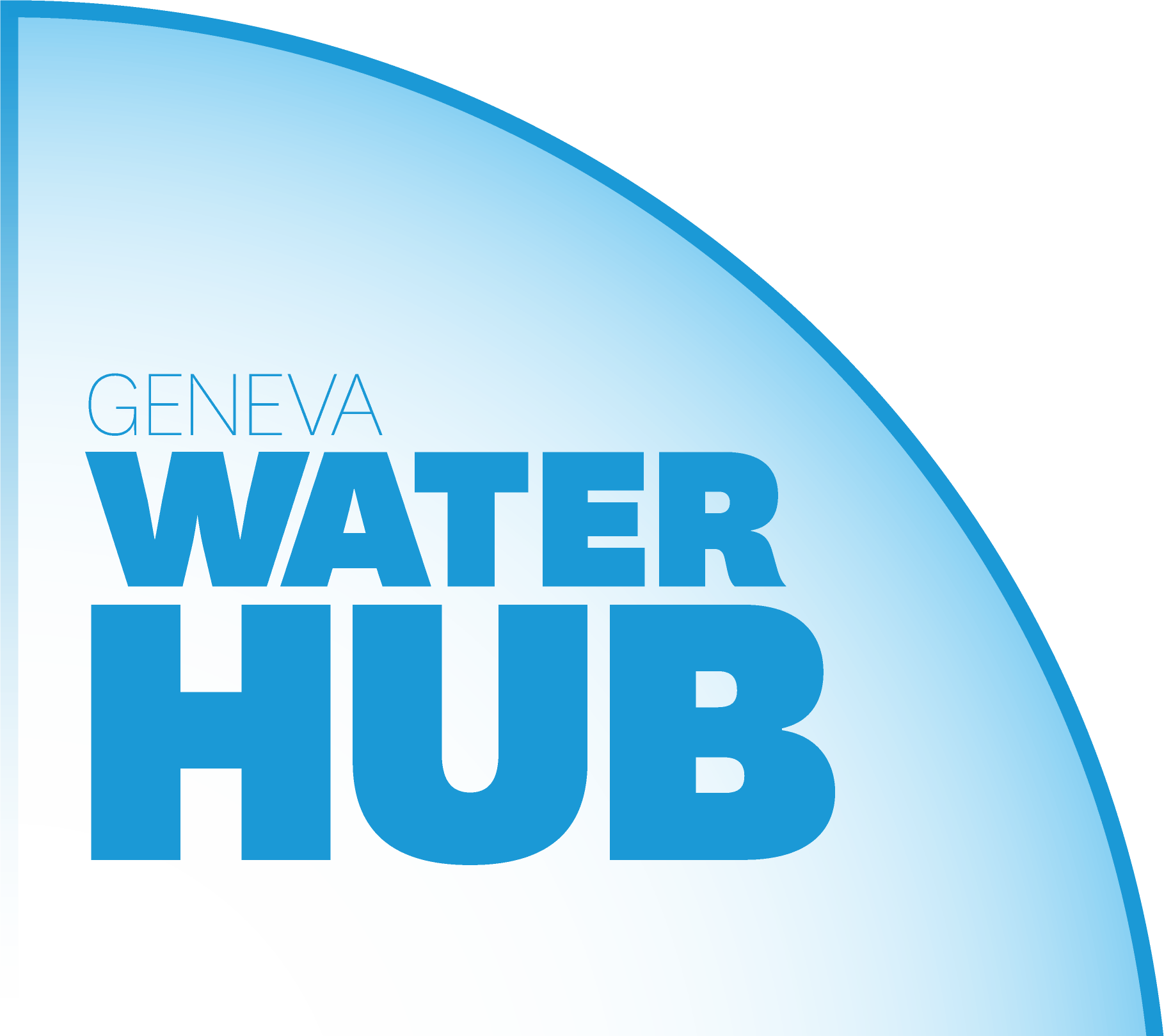
As climate pressures intensify, managing water across boundaries demands both scientific insight and diplomatic skill. This session brings together diverse voices to discuss inclusive approaches for resolving water conflicts and fostering collaboration. It underscores the vital role of trust, dialogue, and shared learning in advancing global climate resilience.
November 12, 14:00 - 15:00
Effective water governance lies at the heart of climate resilience, requiring collaboration that bridges science, policy, and diplomacy. As global climate impacts intensify, shared water systems are increasingly becoming both flashpoints of risk and opportunities for cooperation. This session draws on insights from the recently published, open access book The Routledge Handbook of Water Diplomacy a comprehensive reference that explores how negotiation, relationship-building, and adaptive learning can address complex water challenges across physical and political boundaries. In this session, several of the Handbook’s authors and contributors will share lessons from diverse regions and scales—from transboundary basins to community-level initiatives—illustrating how water diplomacy can foster trust, manage uncertainty, and enable just and sustainable climate solutions. The discussion will highlight practical tools, case studies, and pathways for transforming water-related tensions into collaboration, advancing both peace and the global climate agenda.
Read the article by Fanack from the event
Short Introduction & Moderation
Laura Turley, Senior Science Policy Manager, Geneva Water Hub (Online)
Water as a source of conflict, climate adaptation as a solution?
Karen Meijer, Ministry of Foreign Affairs, The Netherlands
Water as a source of cooperation
Aaron Salzberg, University of North Carolina (Online)
International law as a source of cooperation and climate action
Tadesse Kebebew, Researcher, Geneva Water Hub (Online)
“Responses” from practitioners, scientists and cross-sectoral views, Q&A
Niokhor Ndour, Secretary General, Senegal River Basin Development Authority
Bart van den Hurk, Scientific Director at Deltares and Co-Chair, IPCC Working Group 2


